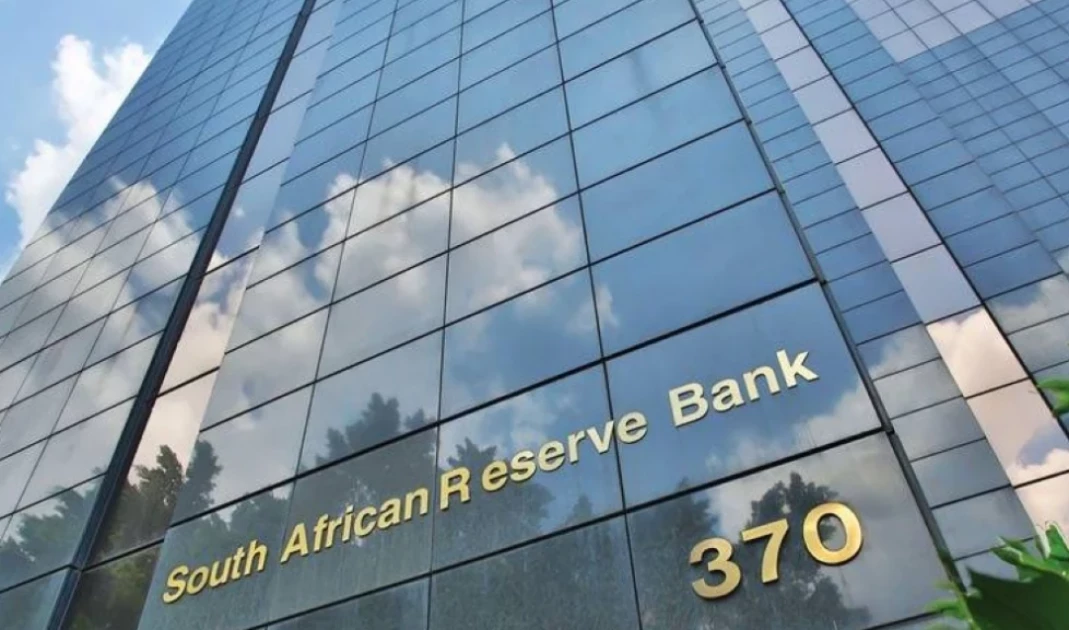South Africa hikes interest rate, inflation forecast


Audio By Vocalize
The bank lifted the benchmark rate by 0.5 percentage points to 8.25 percent in what it said was a unanimous decision of the monetary policy committee.
It was the 10th consecutive hike by the South African Reserve Bank.
Governor Lesetja Kganyago said the policy aimed at increasing confidence that inflation could be reined in "sustainably over time".
South African monetary policymakers started raising rates in November 2021 and sprang their steepest hike in a decade -- 0.75 percentage points -- in July last year.
The latest hike went above some analysts' expectations, but Kganyago said the monetary policy tightening had now entered "restrictive territory".
The rand dropped to record lows after the announcement and was trading at 19.74 against the dollar at 1527 GMT -- two hours after the rate announcement.
"Given upside inflation risks, larger domestic and external financing needs, and load-shedding, further currency weakness appears likely," Kganyago said.
South Africa has been battered by record blackouts -- known as load-shedding -- that have hampered economic activity over the past year, as problems at beleaguered power utility Eskom have mounted.
The outages are costing more than $50-million in lost output each day, according to estimates by the energy minister.
"While the prevailing local supply-side issues around energy and logistics are not considered to be within the ambit of monetary policy, they do adversely impact inflation and demand, by lifting the cost of living and operations," said Mamello Matikinca-Ngwenya, chief economist at South African bank FNB.
Inflation dropped to the lowest level in almost a year in April, slowing to 6.8 percent from 7.1 percent in March.
Yet, food prices remain obstinately high, having experienced record increases over the past 12 months.
On Thursday, the central bank said it expected inflation to average at 6.2 percent this year, up 0.2 percentage points on earlier forecasts.
"With core goods and food higher in the near term, headline inflation for 2023 is revised up," Kganyago said.
"Headline inflation for 2024 also increases to 5.1 percent," he added.
Policymakers around the world are battling elevated inflation caused largely by surging energy and food prices following Russia's invasion of Ukraine.


Leave a Comment